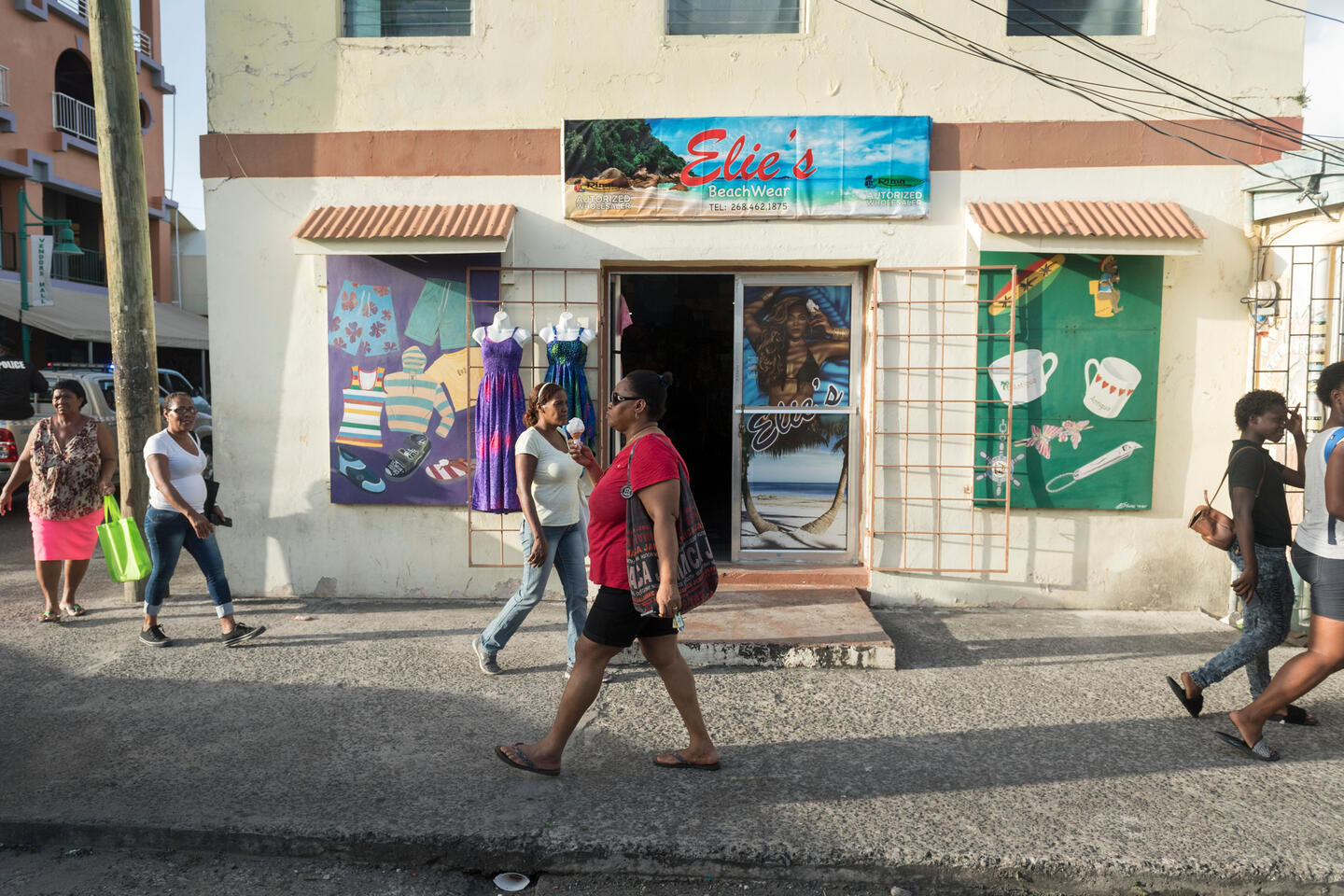
The role of small business in transforming the economies of small island developing States
Micro, small and medium-sized enterprises (MSMEs) are essential parts of the economic engine of every country, driving job creation, innovation, entrepreneurship, and economic growth. They assist in eradicating poverty and reducing inequality.
In small island developing States (SIDS) the contribution of MSMEs is particularly significant, accounting for as much as 40% of GDP in some countries and half of all employment, and as much as 97% of private enterprises. Yet, the promotion of and support to MSMEs in previous SIDS programmes of action has been relatively scant.

As the world prepares to gather in Antigua and Barbuda for the 4th International Conference on SIDS (SIDS4), and as UN members negotiate its politically agreed Outcome in the Preparatory Committee, we must grab this opportunity to identify and agree on a set of action-oriented incentives and measures to unleash the power and potential of MSMEs, in SIDS.
Small businesses in SIDS encounter unique hurdles driven by the peculiarities of SIDS geographical and socio-economic characteristics.
Some of these challenges include, high levels of informality, high reliance on just one or two main income generating sectors, limited access to credit and market opportunities; limited policy space; lack of business development and capacity support; lack of market information; transport problems; absence of business relationships; and problems with water and electricity supply.
“Charting the Course Toward Resilient Prosperity” for SIDS must include actions to support and incentivize MSMEs as essential drivers.

Here are three key areas for action that the upcoming conference should consider:
1. Promote access to sustainable finance. Each year, about 40% of small and medium-sized enterprises in developing countries encounter unmet financing demands. Most of the unmet demands lies in the informal sector. Timely access to finance at affordable terms is a necessary lifeline for MSMEs in SIDS as they navigate the complexities of evolving local, regional and global realities.
Vital access to sustainable finance is not just about providing funds; it is about fueling sustainable growth and ethical business practices, enabling MSMEs to leverage opportunities, to pursue sustainable expansion, green and blue innovation, and market diversification, all while contributing to a healthier, more sustainable and transformed SIDS economies. This will require general improvements in the access of SIDS to development financing, an issue identified as one of the top priorities for SIDS going into SIDS4.
2. Create an enabling environment for women and youth-led businesses. Globally, women-owned MSMEs account for 38% of the MSME sector. Nonetheless, 70% of women entrepreneurs are facing limited access to credit and market opportunities. In Fiji, for instance, women-owned MSMEs had an unmet credit demand of $111 million in 2023. Supporting women and youth entrepreneurs is critical for addressing income and non-income inequalities and building resilient prosperity at local and national levels. Empowering women and youth drives economic progress, societal advancement, and leads to a brighter future.
3. Ensure an inclusive digital transformation that does not leave MSMEs behind. Digital technologies, including artificial intelligence (AI), are altering the business landscape of almost every country in the world. The transformative impact of AI will reach across industries, reshaping their operations, decision-making processes, and customer interactions and in certain sectors, even job security. AI and other digital technologies also represent powerful tools for data-driven insights, supply chain optimization, and personalized customer engagement, facilitating competition.
As SIDS embark on the next decade of their sustainable development journey, the vital role of MSMEs in transforming their economies will continue to grow. Providing a coherent regulatory environment and laying effective policy frameworks will facilitate the positive evolution of MSMEs in SIDS, empowering them to navigate, innovate and thrive.
















